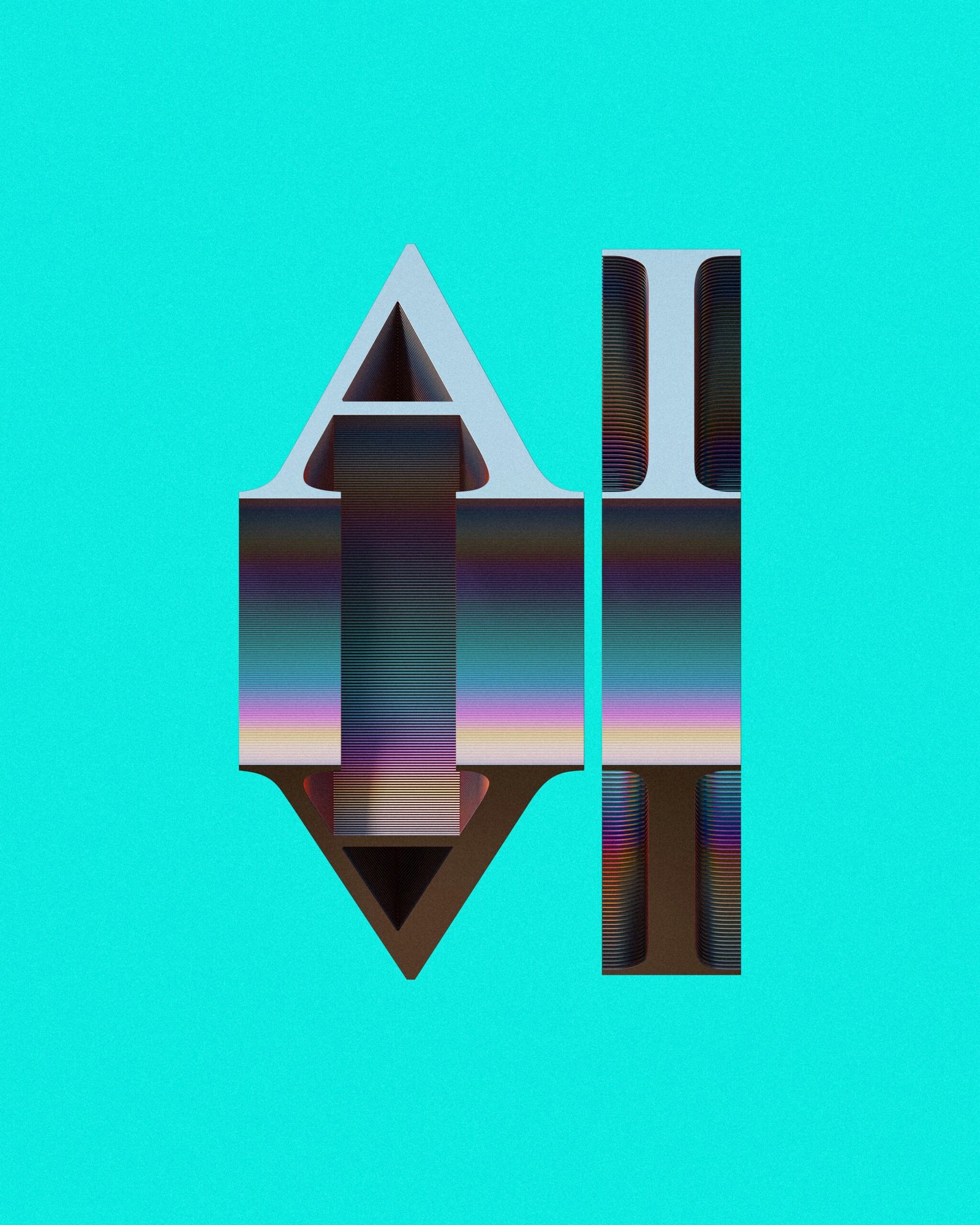Introduction to AI and the Future of Work
Artificial Intelligence (AI) has emerged as a transformative force in various sectors, driving both opportunities and challenges within the job market. As advancements in machine learning and automation technologies continue to accelerate, businesses increasingly integrate AI into their operations, altering the traditional landscape of work. This evolution prompts critical questions about the future roles of employees and the overall workforce dynamic. How will AI redefine existing professions? Will it create new job opportunities or render certain roles obsolete?
The advent of AI technologies raises significant considerations as organizations adapt to maintain competitive advantage in an ever-changing economic environment. From customer service chatbots to sophisticated data analysis tools, AI applications streamline processes and enhance productivity. Consequently, this has led to an increased demand for tech-savvy professionals, changing the skillsets required in the labor market. The implications are profound; professionals across various industries must now develop a synergy with intelligent systems, allowing them to thrive in an AI-driven economy.
However, with this technological advancement comes the concern of job displacement. The automation of routine tasks may lead to decreased demand for certain roles, igniting apprehension among the workforce. Yet, this wave of disruption also opens the door to innovation in job creation. Positions that focus on AI development, data science, and human-AI collaboration are emerging as vital components of the modern job market. As we navigate this transformative era, understanding how to harness AI’s potential while addressing its challenges is fundamental for both individuals and organizations alike.
As this discussion unfolds, it is essential to acknowledge the balance between harnessing the benefits of artificial intelligence and mitigating its risks. The forthcoming sections will delve deeper into specific industry impacts, emerging job roles, and strategies to equip the workforce for an AI-enhanced future.
The Role of AI in Shaping Job Markets
The integration of artificial intelligence (AI) into various sectors has begun to significantly reshape job markets worldwide. Industries such as manufacturing, healthcare, finance, and customer service have recognized the efficiencies that AI brings, leading to the reevaluation of traditional roles and the emergence of new job opportunities. For instance, in manufacturing, AI-driven robots can now perform tasks previously completed by human workers, leading to a reduction in manual labor roles. However, this advancement also creates a demand for professionals skilled in programming, robot maintenance, and supervisory roles that ensure seamless machine operation.
In healthcare, AI algorithms can analyze medical data and assist in diagnosing illnesses, which raises the need for medical professionals who can interpret these findings and engage in treatment planning. This shift underscores the importance of hybrid skill sets, combining technical proficiency in AI with essential human skills, such as empathy and decision-making. Furthermore, the financial sector has seen AI tools streamline processes such as fraud detection and risk assessment, prompting a shift in the workforce towards data analysis and cybersecurity roles.
Philosophically, the transformation brought about by AI raises critical questions about employment. As machines increasingly take over routine tasks, workers may face job displacement, necessitating a proactive approach to skill development. Upskilling and reskilling initiatives are paramount to enable employees to transition into roles that require a higher degree of human insight and creativity, skills that are uniquely irreplaceable by AI. The dual nature of this transformation indicates that while some jobs may become obsolete, new opportunities will arise, particularly in areas demanding innovative thinking and complex problem-solving abilities.
In essence, the role of AI in shaping job markets is profound, influencing not just the types of available positions, but also the requirements for existing and future roles. Adaptability will be key for employees to thrive in an increasingly automated workplace.
Philosophical Perspectives on Work and AI
The advent of artificial intelligence (AI) has not only transformed numerous industries but has also reignited longstanding philosophical debates about the nature of work, labor, and human existence. At the heart of these discussions lies the question: what is the purpose of work? Traditionally, work has been seen as a means to an end—a way to earn a living, support families, and contribute to society. However, with machines increasingly capable of performing tasks traditionally reserved for humans, the narrative is evolving. Leading thinkers have begun to explore whether the rise of AI will free individuals from mundane tasks, offering them the opportunity to pursue more meaningful and creative endeavors.
For instance, philosopher and futurist Yuval Noah Harari posits that as automation takes over routine jobs, humanity will need to redefine the significance of work. Rather than merely providing economic stability, work may become a source of identity and purpose. This shift raises concerns about the potential for an existential crisis, as individuals grapple with their roles in a society where human labor is increasingly undervalued. If work is central to one’s identity, what happens when that identity is threatened by automation?
While some argue that AI may lead to increased leisure time and the opportunity for personal growth, others caution against the implications of widespread job displacement. The philosopher Martin Heidegger emphasized the importance of being engaged in meaningful activities, which AI could threaten by reducing opportunities for human connection and genuine accomplishment. As we consider the future of work, it is essential to reflect on these philosophical implications and the effects they may have on our collective psyche. Will AI serve as a tool for liberation, or will it challenge our understanding of purpose and fulfillment in an increasingly automated world?
Conclusion: Embracing the Future
As we navigate through the complexities of artificial intelligence and its transformative impact on the job market, it becomes increasingly clear that adaptability and continuous learning are paramount. The integration of AI technologies in various industries is reshaping job roles, demanding new skills and competencies from the workforce. This dynamic evolution presents both challenges and opportunities for individuals and organizations alike. To thrive in this environment, embracing a growth mindset is essential.
The future of work, influenced by AI advancements, will likely be characterized by a collaborative relationship between human intelligence and machine efficiency. Workers must be prepared to evolve alongside these changes, necessitating a commitment to lifelong learning and skill development. Professionals who actively seek to upskill or reskill can transform potential threats into advantageous career opportunities. Organizations, recognizing this shift, must foster a culture of learning that encourages their employees to adapt to new technologies and methodologies.
Moreover, as the nature of work continues to change, individuals are invited to reflect on their personal relationship with their careers. How will the rise of artificial intelligence influence your roles and responsibilities? Are you prepared to embrace these changes, or do you envision a different future for work altogether? These queries emphasize the importance of being proactive rather than reactive in the face of inevitable technological progress.
In closing, it is crucial that we all position ourselves to embrace the future with curiosity and resilience. As artificial intelligence continues to shape our world, ongoing dialogue about the implications for work and society is necessary. By encouraging such discussions, we can collectively explore how we can adapt and thrive in an AI-influenced work environment. The future may be uncertain, but it is clear that the journey towards it requires thoughtful engagement and proactive strategies.





